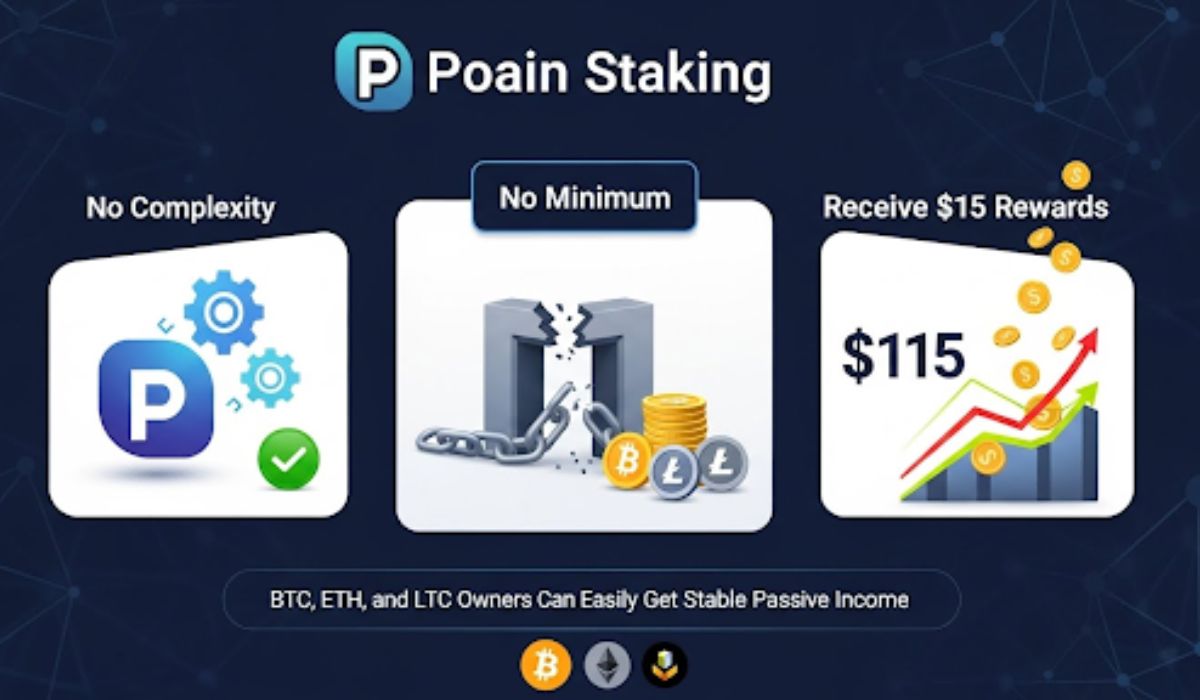Eclipse announces pioneering mainnet launch incorporating Solana’s tech stack

Share:
In an innovative move to redefine the landscape of blockchain technology, Eclipse, the Ethereum layer-2 network project, has announced its intention to harness Solana’s virtual machine for its much-anticipated mainnet launch. Expected to go live by year-end, this announcement has drawn significant attention from industry stakeholders.
Embracing modular blockchain approach for enhanced performance
Traditionally, prominent blockchains such as Bitcoin, Ethereum, and Solana have relied on a single-layer system to manage multiple functions. In this conventional design, a single layer oversees execution, settlement, consensus, and data availability. Every transaction, once made, would run through this layer to achieve execution, settlement, attain consensus, and ensure the transaction data’s availability.
Eclipse is pioneering a shift away from this established method by adopting what its founder Neel Somani dubs a “modular blockchain” approach. Unlike the all-in-one designs, modular blockchains are precision-engineered to excel at particular tasks. It’s an approach Somani fervently believes in, remarking that all layer-2 entities, including validiums, optimiums, and zk-rollups, can be classified under the umbrella of “modular blockchains.” He emphasizes the fact that these have all, “at a minimum, separated execution from settlement.”
Solana’s virtual machine: A game changer for transaction execution
For its upcoming mainnet launch, Eclipse has strategically chosen to employ Solana Virtual Machine (SVM) for transaction execution. In the realm of blockchain, the execution layer serves a pivotal role. It houses the code and dictates the rules governing a transaction, facilitating the signing of transactions and execution of smart contracts.
Ethereum, one of the dominant blockchains in the market, processes transactions in a sequential manner. In stark contrast, Solana introduces a parallel execution environment, unlocking the potential for a larger number of transactions to be processed at a fraction of the cost.
Highlighting this divergence, Somani stated, “That’s probably the biggest difference.” He further elucidated the advantages that come with SVM, such as the existence of ‘local fee markets.’ This ensures that heightened activity in one application doesn’t escalate fees for other applications. Additionally, SVM’s register-based structure and its streamlined set of ‘opcodes’ simplify the process of zero-knowledge proving.
Leveraging diverse technologies for comprehensive rollup solutions
Apart from SVM, Eclipse is integrating several other technologies into its mainnet. For the critical role of proving, Eclipse will be utilizing the capabilities of Risc Zero. As is standard with many rollups today, the settlement will be anchored on the Ethereum platform, tapping into Ethereum’s robust security mechanisms to authenticate transactions.
In terms of ensuring data availability, Eclipse will be drawing from Celestia’s innovative approach. Notably, Celestia differs from many contemporary rollup solutions by opting for Data Availability Sampling (DAS) instead of forming a Data Availability Committee (DAC). This translates into a system built on reduced trust assumptions, enhancing its reliability.
However, the journey doesn’t end here for the visionary team behind Eclipse. Keeping abreast of developments in the field, they are closely monitoring Ethereum’s EIP-4844 upgrade, hinting at potential future considerations to migrate to Ethereum’s data availability approach. Somani gave insights into the challenges with Ethereum’s single-threaded EVM, observing, “It’s become clear that the single-threaded EVM is not sufficient to scale Ethereum, which is why apps are turning to their own app-specific rollups.” He highlighted that even sophisticated designs like Arbitrum face challenges due to the lack of parallelism and local fee markets.
Conclusion
Eclipse’s impending mainnet launch promises to be a groundbreaking event in the blockchain arena, marking the convergence of multiple advanced technologies to offer enhanced performance, security, and scalability. The industry waits with bated breath for what could very well be a watershed moment in the evolution of blockchain technology.
Eclipse announces pioneering mainnet launch incorporating Solana’s tech stack

Share:
In an innovative move to redefine the landscape of blockchain technology, Eclipse, the Ethereum layer-2 network project, has announced its intention to harness Solana’s virtual machine for its much-anticipated mainnet launch. Expected to go live by year-end, this announcement has drawn significant attention from industry stakeholders.
Embracing modular blockchain approach for enhanced performance
Traditionally, prominent blockchains such as Bitcoin, Ethereum, and Solana have relied on a single-layer system to manage multiple functions. In this conventional design, a single layer oversees execution, settlement, consensus, and data availability. Every transaction, once made, would run through this layer to achieve execution, settlement, attain consensus, and ensure the transaction data’s availability.
Eclipse is pioneering a shift away from this established method by adopting what its founder Neel Somani dubs a “modular blockchain” approach. Unlike the all-in-one designs, modular blockchains are precision-engineered to excel at particular tasks. It’s an approach Somani fervently believes in, remarking that all layer-2 entities, including validiums, optimiums, and zk-rollups, can be classified under the umbrella of “modular blockchains.” He emphasizes the fact that these have all, “at a minimum, separated execution from settlement.”
Solana’s virtual machine: A game changer for transaction execution
For its upcoming mainnet launch, Eclipse has strategically chosen to employ Solana Virtual Machine (SVM) for transaction execution. In the realm of blockchain, the execution layer serves a pivotal role. It houses the code and dictates the rules governing a transaction, facilitating the signing of transactions and execution of smart contracts.
Ethereum, one of the dominant blockchains in the market, processes transactions in a sequential manner. In stark contrast, Solana introduces a parallel execution environment, unlocking the potential for a larger number of transactions to be processed at a fraction of the cost.
Highlighting this divergence, Somani stated, “That’s probably the biggest difference.” He further elucidated the advantages that come with SVM, such as the existence of ‘local fee markets.’ This ensures that heightened activity in one application doesn’t escalate fees for other applications. Additionally, SVM’s register-based structure and its streamlined set of ‘opcodes’ simplify the process of zero-knowledge proving.
Leveraging diverse technologies for comprehensive rollup solutions
Apart from SVM, Eclipse is integrating several other technologies into its mainnet. For the critical role of proving, Eclipse will be utilizing the capabilities of Risc Zero. As is standard with many rollups today, the settlement will be anchored on the Ethereum platform, tapping into Ethereum’s robust security mechanisms to authenticate transactions.
In terms of ensuring data availability, Eclipse will be drawing from Celestia’s innovative approach. Notably, Celestia differs from many contemporary rollup solutions by opting for Data Availability Sampling (DAS) instead of forming a Data Availability Committee (DAC). This translates into a system built on reduced trust assumptions, enhancing its reliability.
However, the journey doesn’t end here for the visionary team behind Eclipse. Keeping abreast of developments in the field, they are closely monitoring Ethereum’s EIP-4844 upgrade, hinting at potential future considerations to migrate to Ethereum’s data availability approach. Somani gave insights into the challenges with Ethereum’s single-threaded EVM, observing, “It’s become clear that the single-threaded EVM is not sufficient to scale Ethereum, which is why apps are turning to their own app-specific rollups.” He highlighted that even sophisticated designs like Arbitrum face challenges due to the lack of parallelism and local fee markets.
Conclusion
Eclipse’s impending mainnet launch promises to be a groundbreaking event in the blockchain arena, marking the convergence of multiple advanced technologies to offer enhanced performance, security, and scalability. The industry waits with bated breath for what could very well be a watershed moment in the evolution of blockchain technology.











